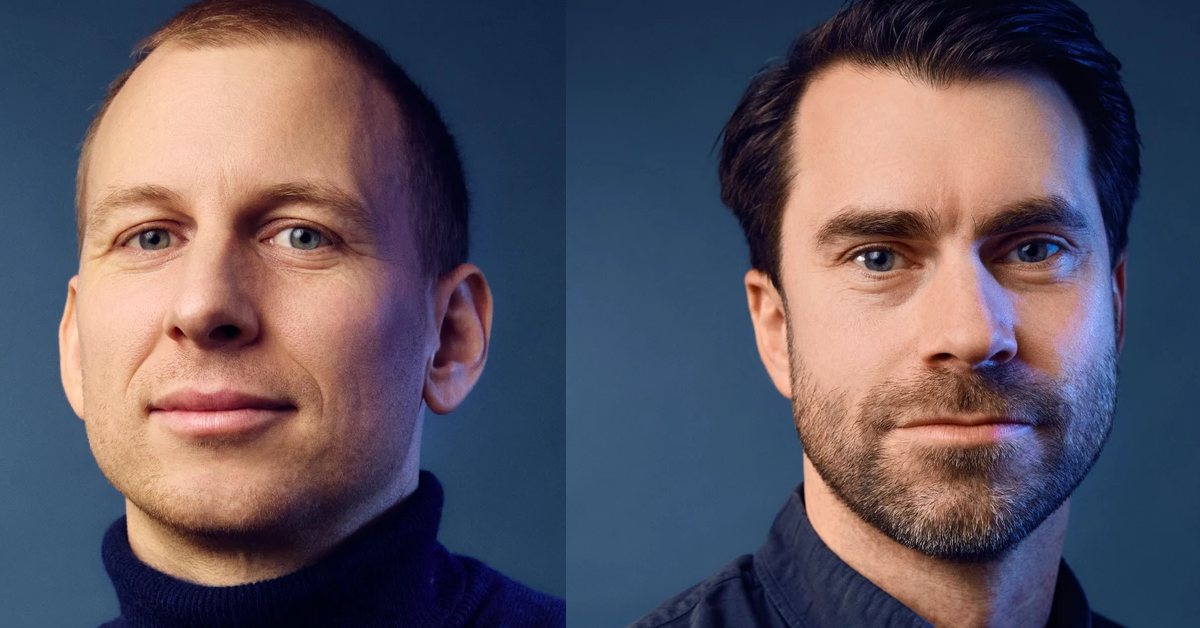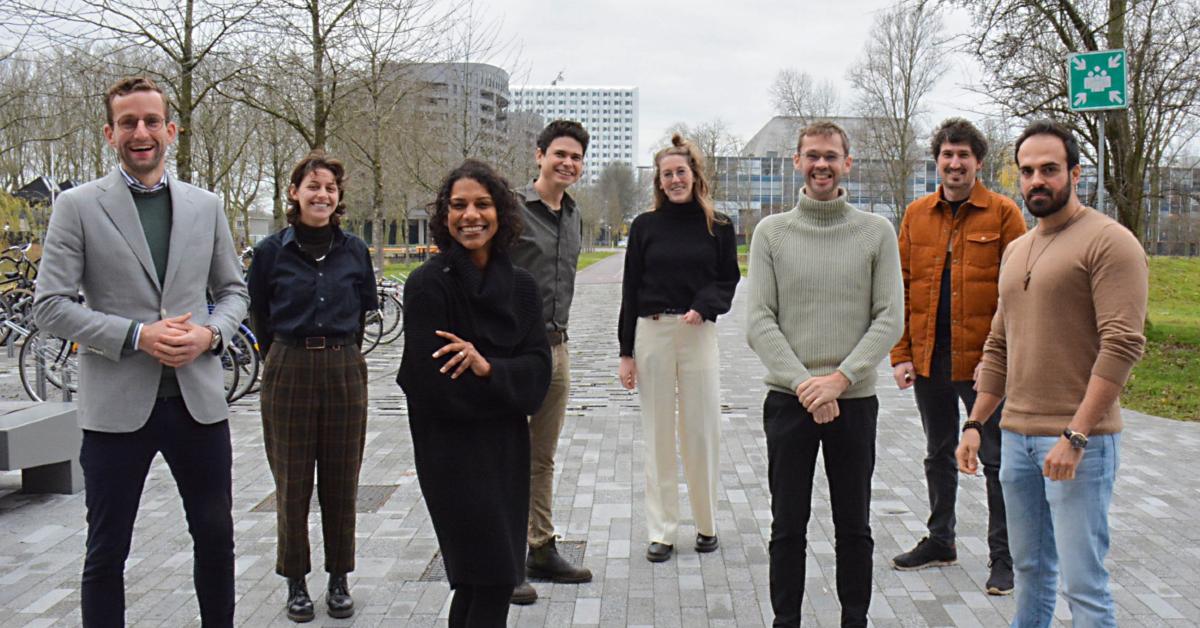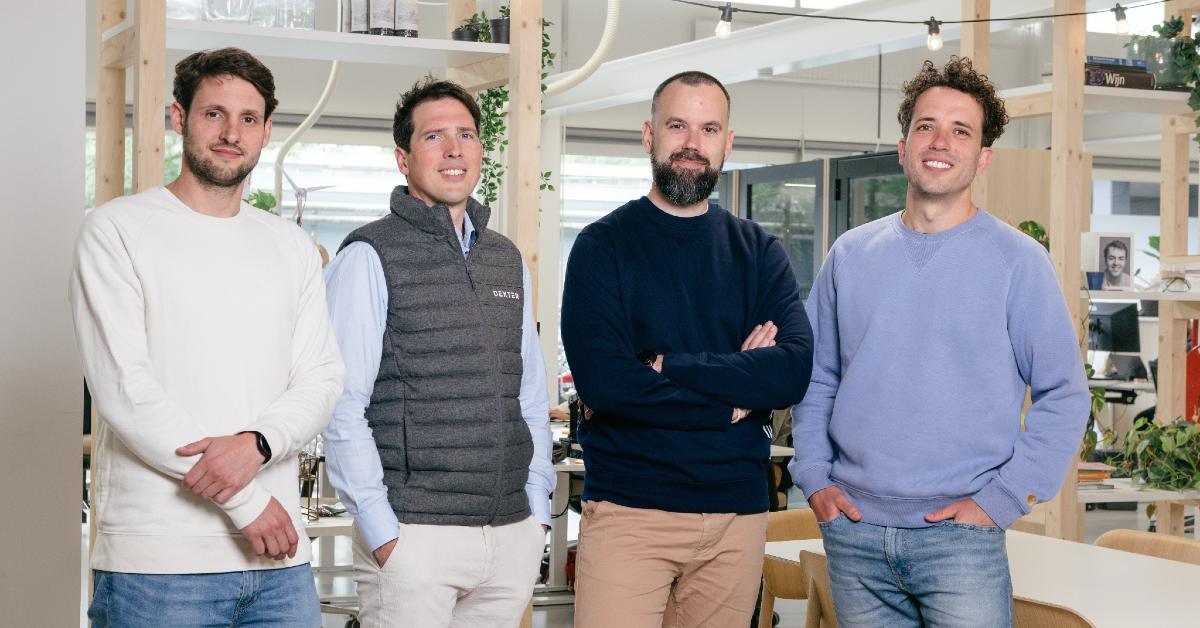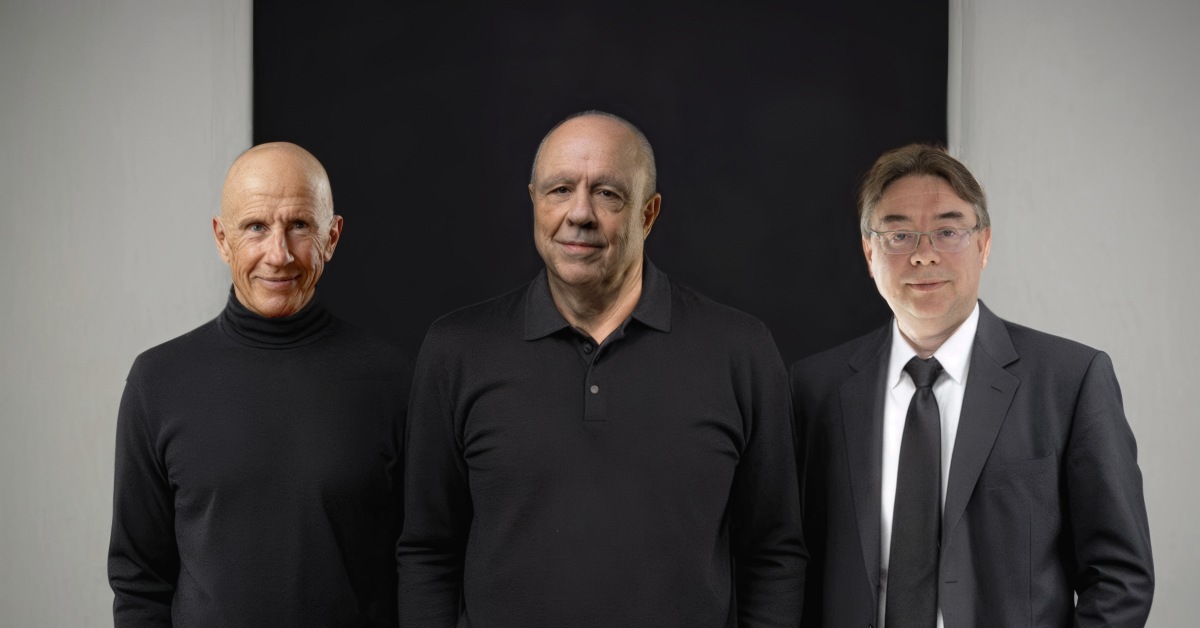London-based Automated Architecture (AUAR), a construction tech startup, announced that it has secured £2.6M (nearly €3M) in a Seed round of funding.
The funding will fuel AUAR’s mission to build sustainable, affordable homes through its micro-factories, expand its partner network with 10 more partners as well as expand operations in the US.
The UK-based company is also hiring across its robotics, product and marketing teams as part of the funding.
Investors supporting AUAR
The investment was led by deep-tech and AI fund Miles Ahead and Robotics & Automation Ventures (ABB RA Ventures).
Other investors include Rival Holdings, Morgan Stanley, Vandenbussche Group, Bacchus Venture Capital, and angel investors Nicolas Bearelle, Stefano Bernardi, and Dob Todorov.
Luc Burgelman, Founding Partner at Miles Ahead, says, “AUAR’s combination of licensed hardware and software has the potential to change the game as we know it.”
“Its construction approach will not only be a massive help in fighting the low levels of productivity observed in the sector, saving companies valuable time, moreover, but it will also be instrumental in meeting sustainability goals.”
AUAR’s data model ensures transparency by providing clients and manufacturing partners with upfront knowledge of all costs and relevant data. Currently, AUAR is collaborating with two pilot customers, Rival Holdings and Vandenbussche NV, to implement its innovative approach.
Craig McDonnell, MD, Business Line Industries at ABB Robotics, adds, “By re-imagining how robotic automation can be used as part of the construction process, AUAR’s approach has the potential to completely transform the house building sector.”
“By making full use of the extended possibilities offered by robots, AUAR’s concept will enable sustainable homes to be built faster, more cost-effectively and with greatly reduced waste while ensuring the highest levels of quality and consistency.”
What does Automated Architecture offer?
The construction industry, worth $10T annually, faces a productivity challenge costing $1.6T yearly, as per McKinsey. Existing solutions like modular factories are capital-intensive and slow.
AUAR’s robotic micro-factories and software mitigate this by lowering upfront costs, boosting productivity, reducing project risks, and alleviating labor shortages.
The company partners with home builders in Europe and North America to establish a distributed micro-factory network for sustainable timber housing.
Mollie Claypool, FAUAR co-founder, says, “There is a huge and urgent need for affordable low-energy homes, but currently, these are expensive to build and difficult to deliver at scale. Building high-quality, sustainable timber homes is hard to scale, but AUAR is here to change that.”
“Robots and AI allow us to deliver high-quality housing at significantly lower costs, increasing margins and productivity while lowering the cost for the end users. By using our solution, construction companies are incentivised to meet much-needed sustainability targets.”
Through licensing its low CapEx robotic micro-factories and tech stack, AUAR enables partners to deliver low-energy homes at standard prices and scale. Its design algorithms offer “endless” variations tailored to local sites.
Gilles Retsin, co-founder of AUAR, adds, “AUAR has developed all the tech home builders need to develop, produce, and build affordable low-energy homes while increasing margins and productivity. Our technology is low CapEx, doesn’t require big factories, and pays itself back in a few months.”
AUAR envisions a decentralised approach to automation in the built environment, empowering local ecosystems of communities, contractors, architects, and developers to construct superior homes.
By 2030, the company aims to secure 40 license partners for their micro-factories, capable of producing over 75,000 energy-efficient homes annually and eliminating millions of tons of CO2 emissions per year.
Brief about the founders
FAUAR was founded in 2019 by Mollie Claypool and Gilles Retsin. Their collaboration spans over a decade, during which they researched the transformative potential of robotics, generative design, and AI in transforming housing and lifestyles.
Mollie Claypool, co-founder and CEO, aims to transform construction and living standards. With a focus on labor, material, and social sustainability, she co-authored “Robotic Building: Architecture in the Age of Automation” and authored the SPACE10 report “The Digital in Architecture: Then, Now and in the Future”.
Claypool’s activism background includes environmental, housing, and maternal rights. She is an Associate Professor at The Bartlett School of Architecture, UCL, and has directed AUAR Labs.
Claypool studied architecture at Pratt Institute and architecture theory at the Architectural Association. She’s a practising birthkeeper and a Community Elder for Doulas Without Borders.
Gilles Retsin, co-founder and CTO/Chief Architect, is a self-taught programmer and architect. His expertise lies in housing design intersecting with technology, sustainability, and socio-political issues.
As an Associate Professor at The Bartlett School of Architecture, UCL, he co-directs AUAR Labs, focusing on housing innovation. With a background in architecture from Belgium, Chile, and the UK, Retsin holds a PhD from RMIT in Australia.










01
From telecom veteran to Dutch Startup Visa success: The Jignesh Dave story